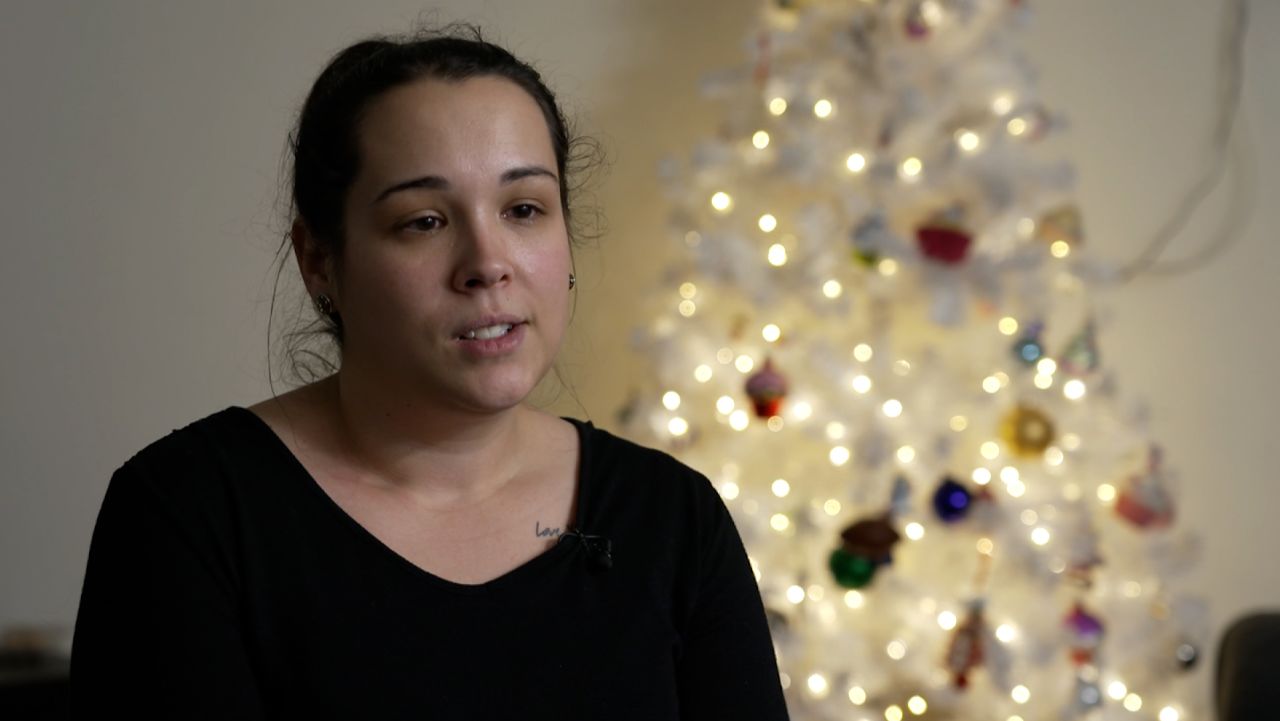White House officials would be first to admit that the historically high inflation that has been plaguing the US has been stubbornly persistent and frustratingly unrelenting.
Last year, top officials, including President Joe Biden himself and Treasury Secretary Janet Yellen, had predicted that the high prices would be short-lived – a prediction that was proven wrong and that the administration has had to walk back.
Even as there have been clear signs in recent weeks that inflation appears to be moderating, White House officials continue to stress that it remains a serious problem – and caution that unforeseen events could always prompt things to take a turn for the worse. It has also confronted criticism, including from Republican members, that the American Rescue Plan and other spending have helped fuel inflation even further.
Still, the White House is eager to point to actions the administration has taken that they argue have, in the broader picture, contributed to alleviating historically high prices.
Chief among them is the administration’s work on addressing supply chain issues. The administration created an interagency supply chain task force, including a so called “Port Envoy,” to try to untangle some of the major blockages in the country’s most important supply chain arteries. Officials argue that when consumer goods are able to keep moving, that means higher availability of products and ultimately, lower prices.
Biden has also pointed to his decision to aggressively release oil from the Strategic Petroleum Reserve as having helped to lower prices at the gas pump. It’s difficult to say just how much the SPR releases ultimately affected prices directly – these releases are not meant to have dramatic, overnight impact – but experts say those actions likely did contribute to countering soaring global energy prices resulting from, in part, the war in Ukraine.
The White House will also credit some executive actions that Biden has taken – for example, to make hearing aids available for purchase over-the-counter and far less expensive and accessible – for helping relieve pressure in narrower ways for everyday consumers.
On the legislative front, the eventual implementation of the so-called “Inflation Reduction Act” will offer Americans more breathing room, White House officials say – though experts very much disagree on how much of an effect that massive climate, health care and tax package, will actually have on inflation itself.
Officials have been watching the central bank and its historic interest rate hikes like everyone else. But they are quick to point out that unlike the previous administration, Biden has emphasized the importance of recognizing the Federal Reserve’s independence – and allowing the central bank to do what it needs to do to try to bring inflation down.

















